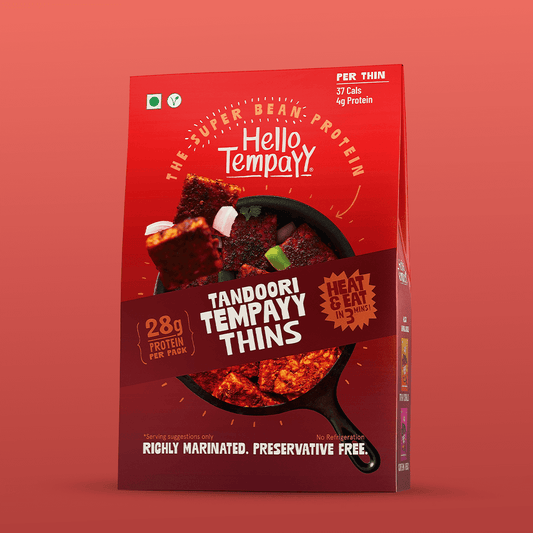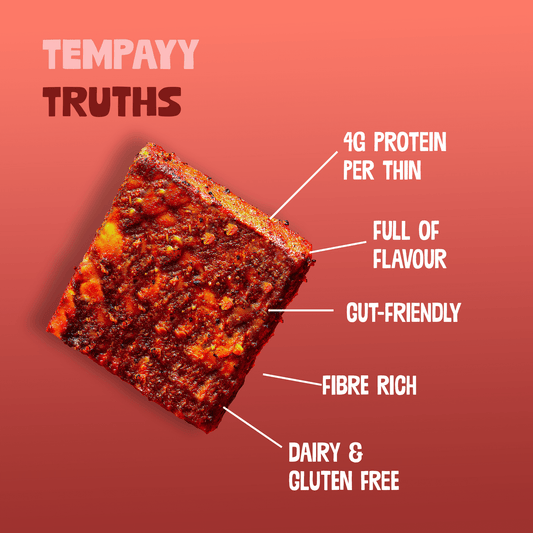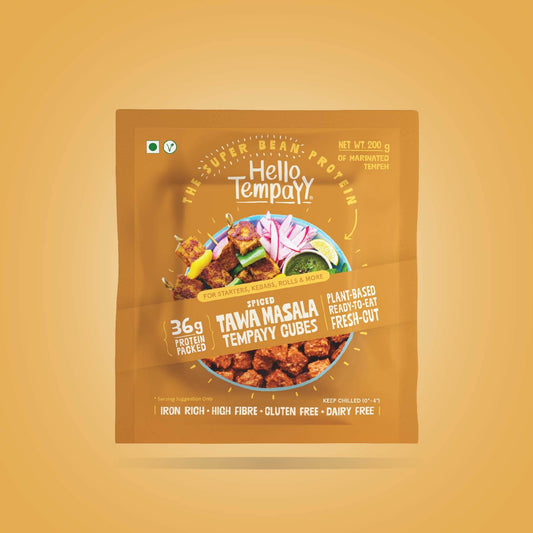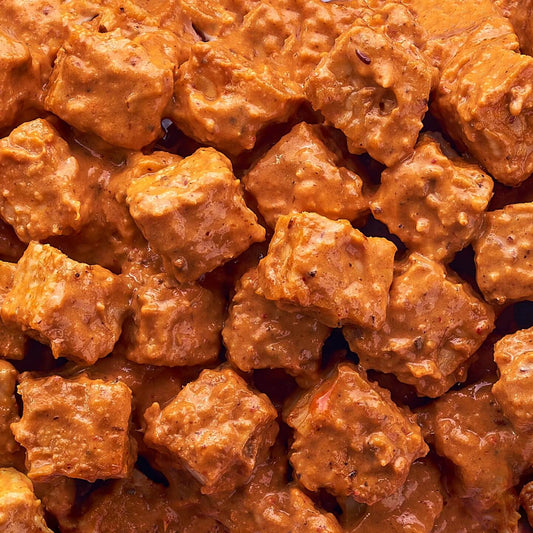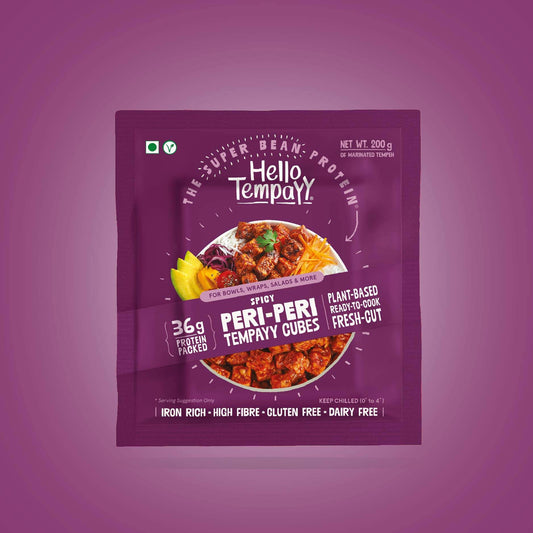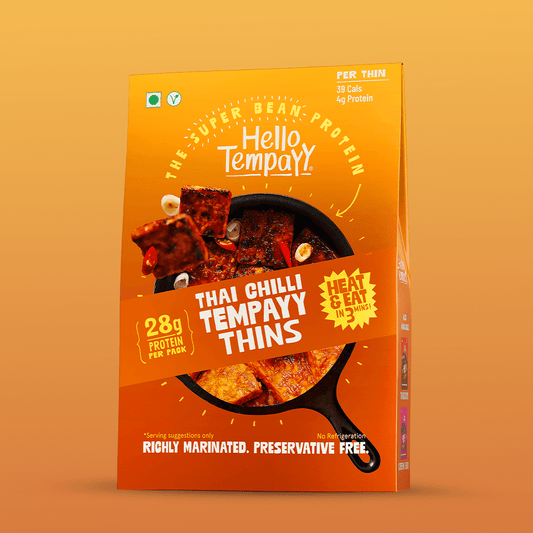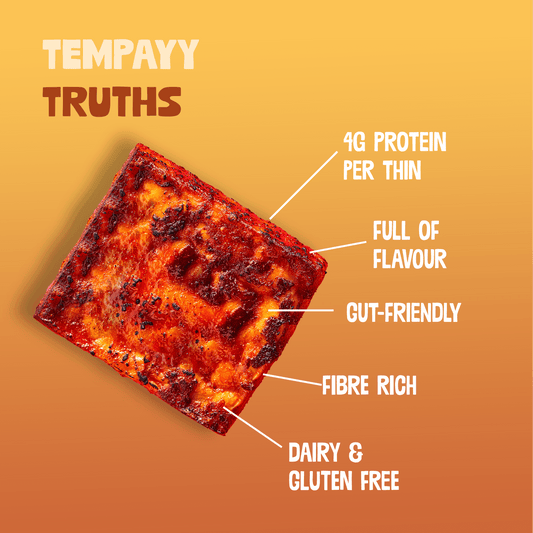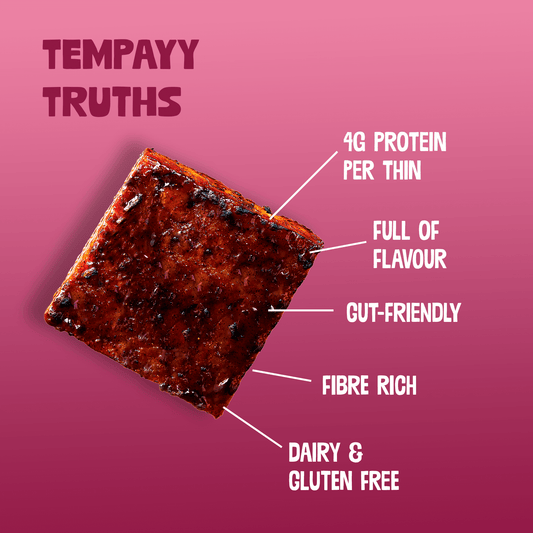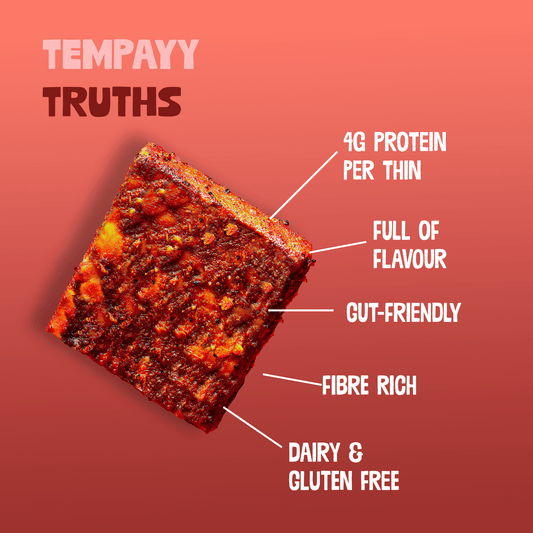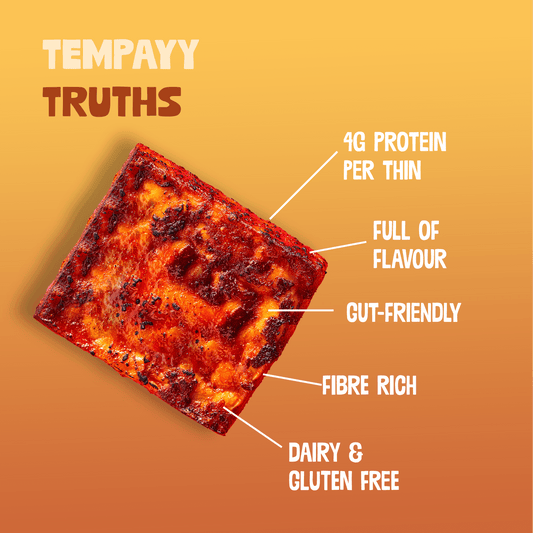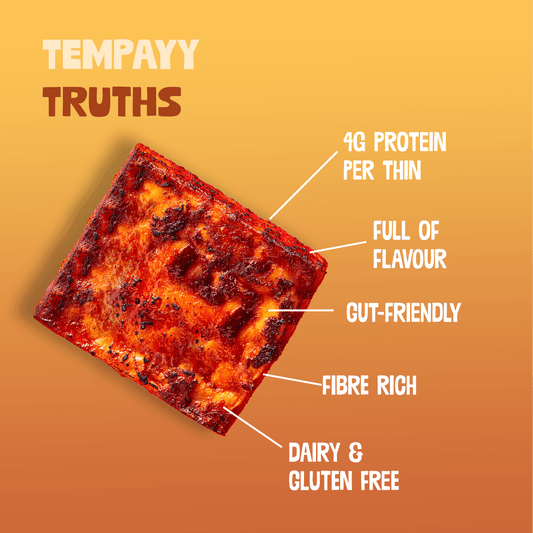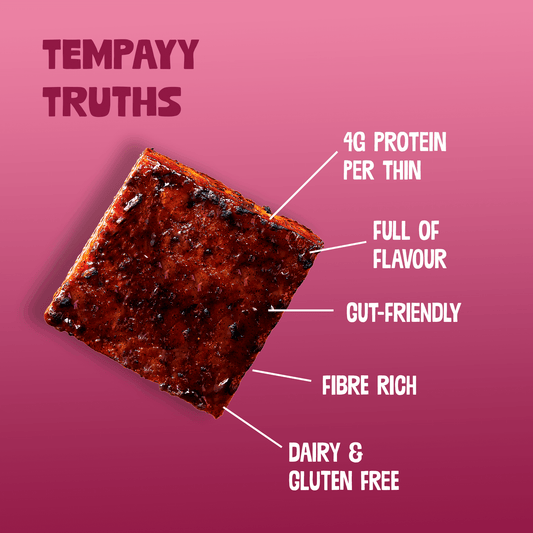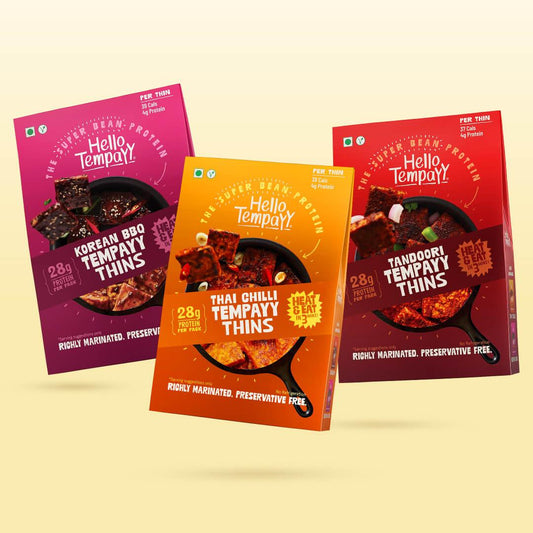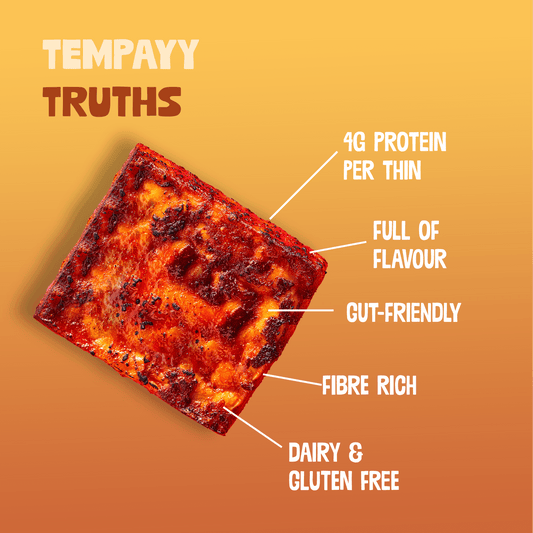Plant-based meat is a category of food products designed to replicate the taste, texture, and nutritional profile of animal-based meat, without the need for animal agriculture. It is made from various plant sources and relies on proteins, such as soy and pea protein, to create a meaty experience that satisfies the cravings of even the most devoted carnivores.
Why is it Better?
Sustainability: One of the primary reasons for the rise of plant-based meat is its significantly lower environmental impact compared to traditional meat. Plant-based production requires fewer resources, generates fewer greenhouse gas emissions, and reduces the need for deforestation and water consumption.
Animal Welfare: Plant-based meat production doesn't involve raising and slaughtering animals, addressing concerns about animal welfare in the meat industry.
Health: Plant-based meat is often lower in saturated fats and cholesterol than animal-based meat, making it a healthier option. It can also be tailored to be low in sodium and rich in essential nutrients.
Global Food Security: As the world population continues to grow, plant-based meat offers a sustainable solution to meet the rising demand for protein without straining the planet's resources.
List of Plant-Based Meat
Soy-Based Meat: Soy protein is a versatile base for plant-based meat products and can be used to make items such as burgers, sausages, and meatballs.
Pea-Based Meat: Pea protein has gained popularity for its meat-like texture and neutral flavor. It is used in products like pea protein burgers and chicken alternatives.
Mushroom-Based Meat: Mushrooms, particularly portobello and shiitake varieties, are used to create plant-based meat products with a meaty umami flavor.
Jackfruit-Based Meat: Jackfruit, with its fibrous texture, is used to make plant-based meat alternatives like pulled "pork" or "chicken."
Seitan-Based Meat: Seitan, also known as wheat gluten, is used to make meat substitutes with a chewy and protein-rich texture.
Health Benefits of Plant-Based Meat
Lower in Saturated Fat: Plant-based meat is typically lower in saturated fat compared to animal-based meat, which can reduce the risk of heart disease.
High in Protein: Plant-based meats are a good source of protein, essential for muscle health and overall well-being.
Cholesterol-Free: Plant-based meats contain no cholesterol, promoting better cardiovascular health.
Rich in Fiber: Many plant-based meat products contain fiber, which supports digestive health and helps maintain a feeling of fullness.
Reduced Risk of Chronic Diseases: A diet focused on plant-based meats may lower the risk of chronic diseases such as diabetes, obesity, and certain types of cancer.
Conclusion
Plant-based meat, featuring soy and pea proteins, is ushering in a new era of sustainable, ethical, and healthier eating. As the world grapples with the challenges of climate change, resource scarcity, and ethical concerns about animal agriculture, plant-based meat offers a compelling solution. It's not just for vegetarians and vegans; it's for anyone looking to make more conscious choices about their diet.
By choosing plant-based meat products, we can enjoy the familiar flavors and textures of meat while making a positive impact on our planet, our health, and the welfare of animals. The future of food is here, and it's both delicious and sustainable. So, why not give it a try and join the movement toward a more sustainable and compassionate way of eating?

